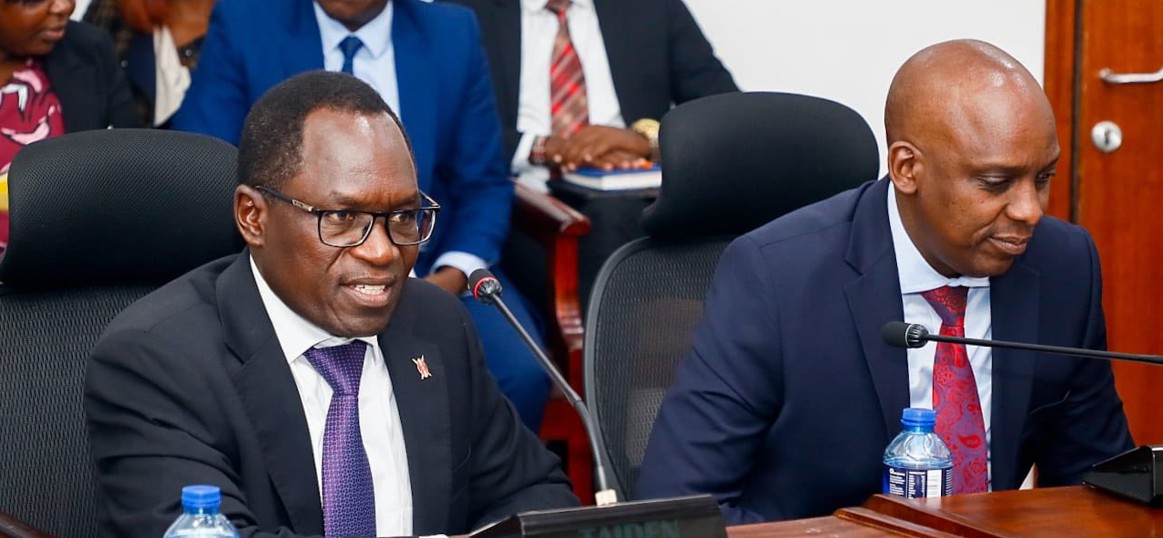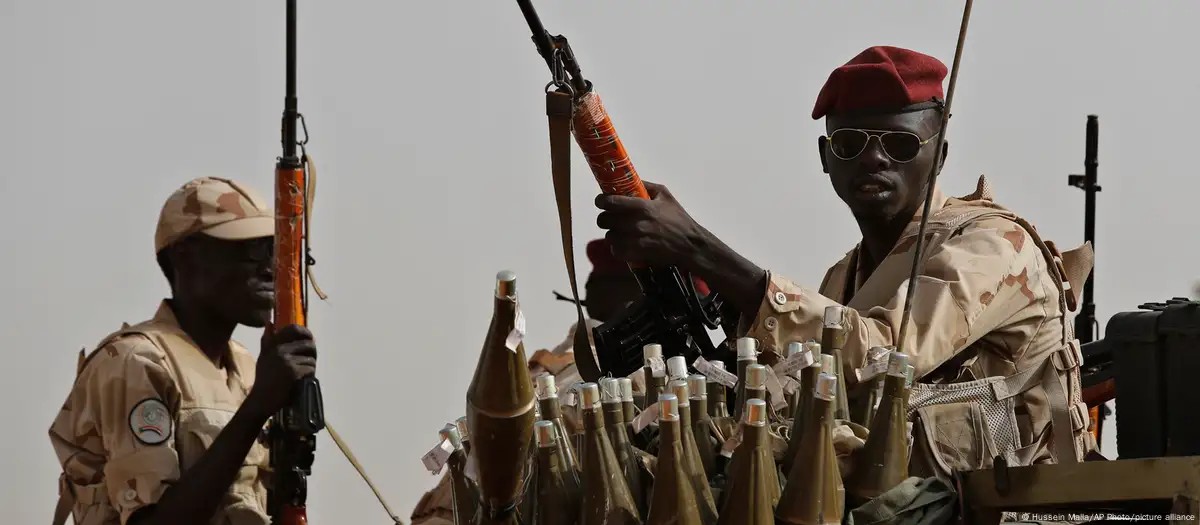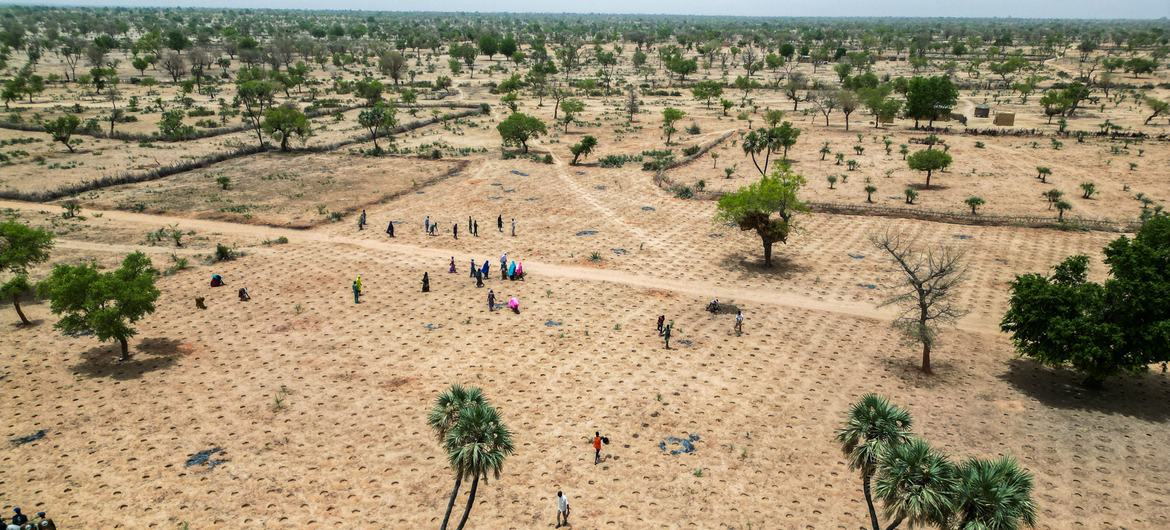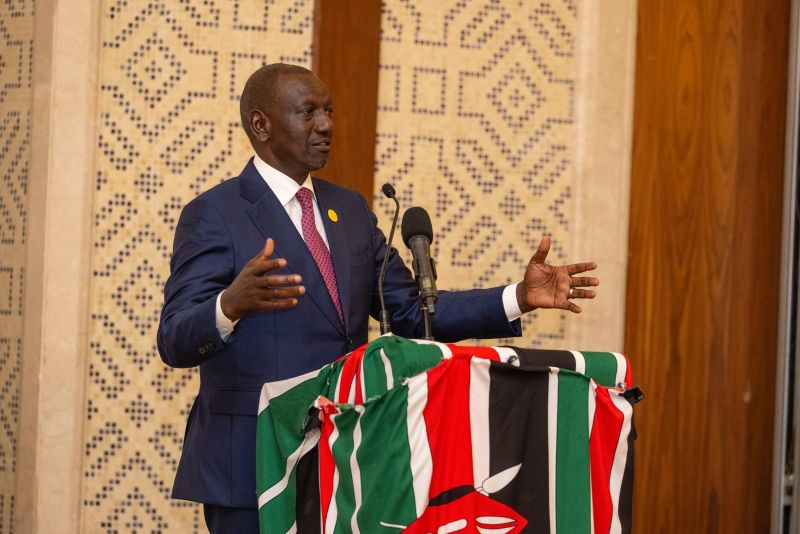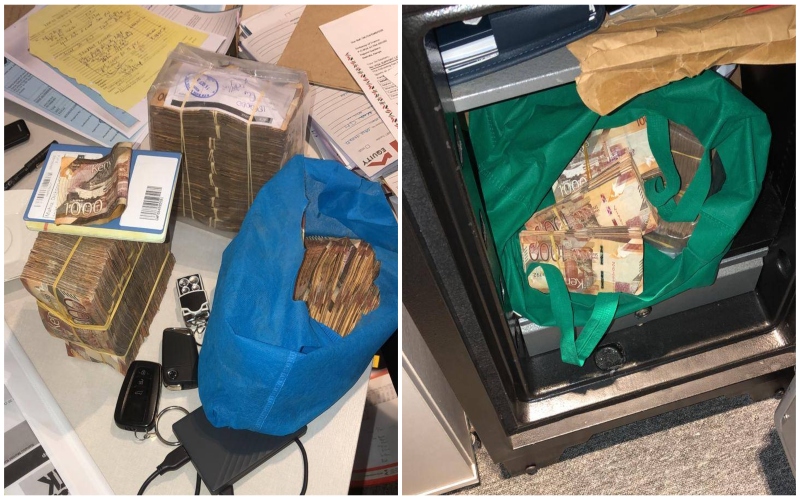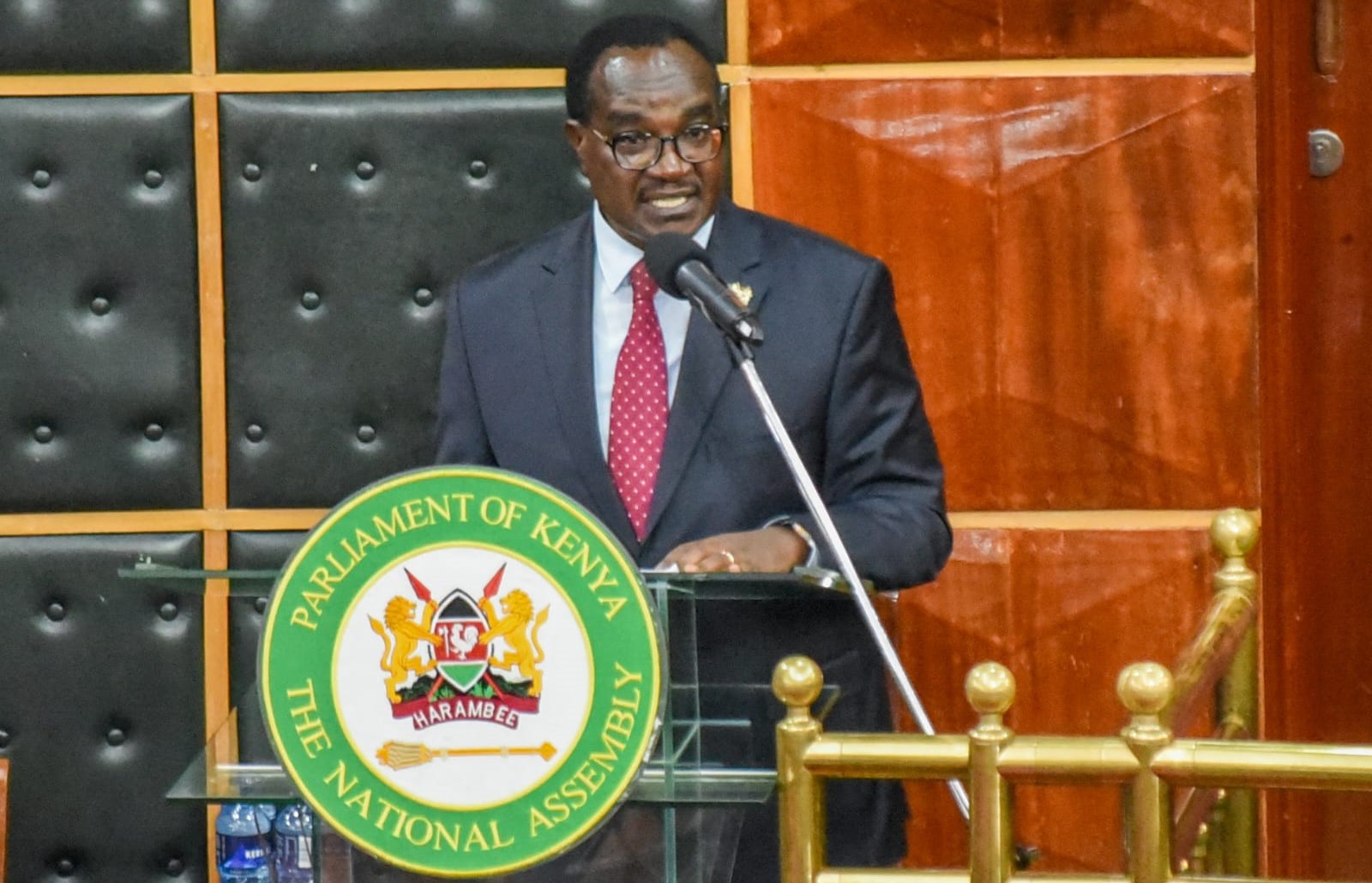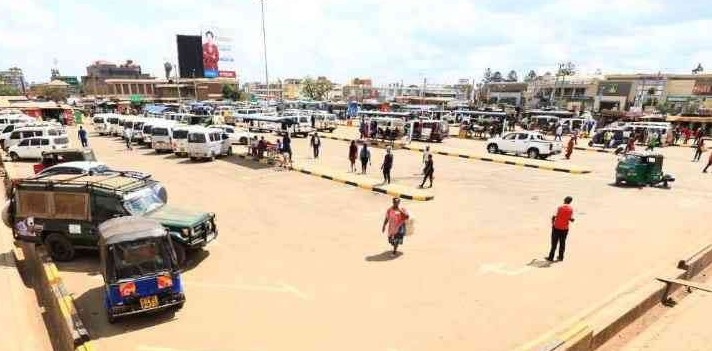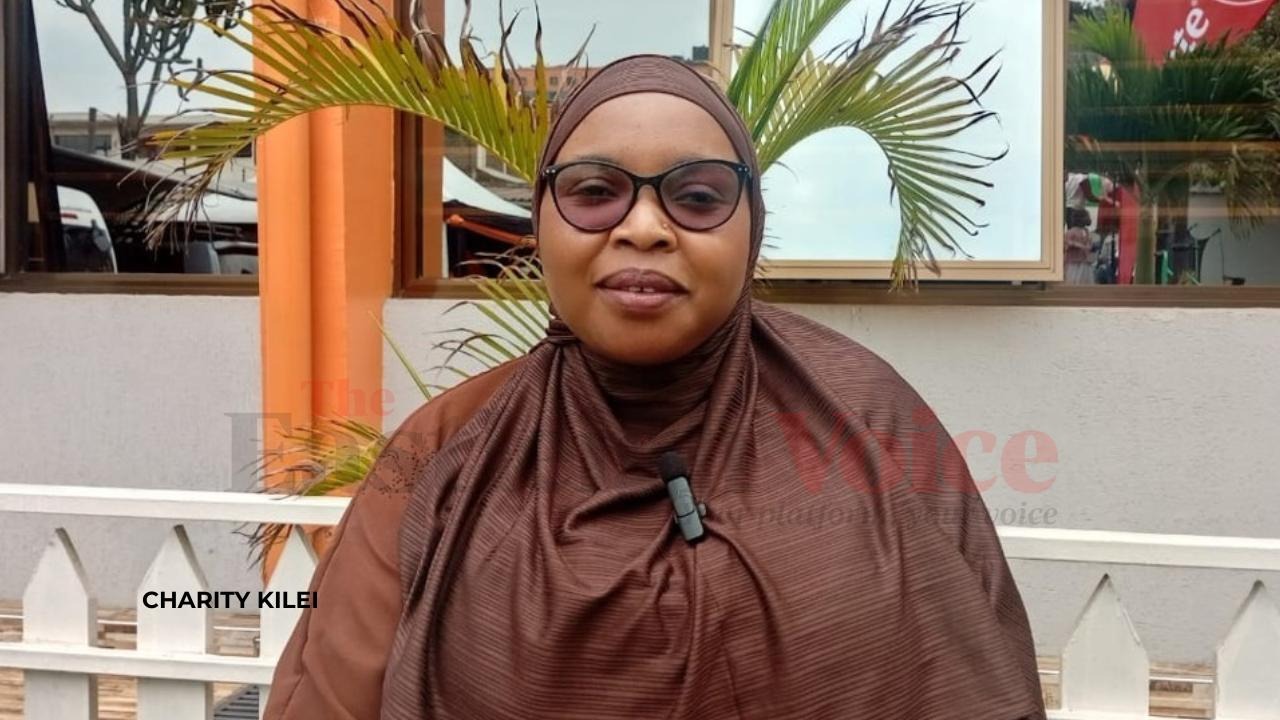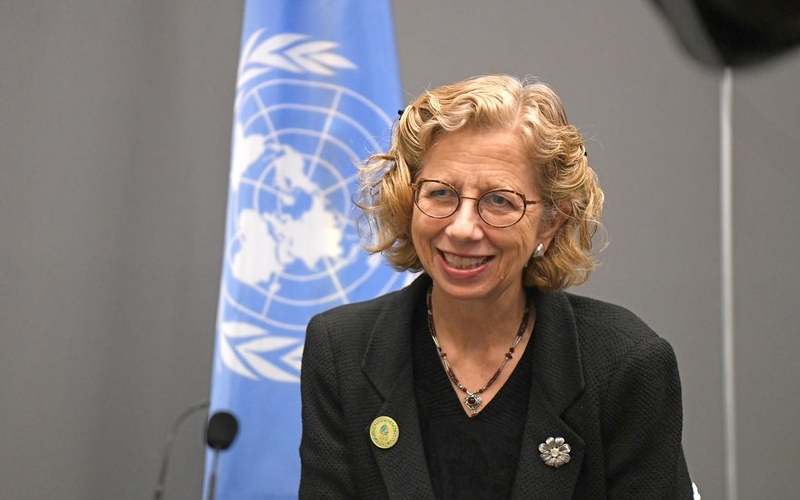UN warns 7.5 million South Sudanese at risk of severe hunger
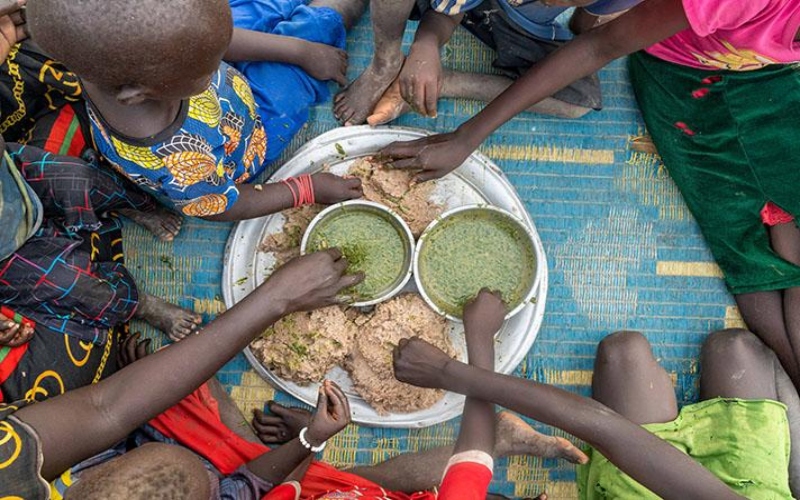
The crisis is being driven by conflict, displacement, poor access to aid, economic hardship, floods and weak community coping mechanisms.
More than half of South Sudan's population, about 7.56 million people, are expected to face serious hunger during the 2026 lean season from April to July, the United Nations (UN) has said, warning that over two million children could suffer from acute malnutrition during the period.
In its latest Integrated Food Security Phase Classification (IPC) report released on Tuesday, the UN identified Luakpiny/Nasir and Fangak counties as high-risk areas, noting that around 28,000 people are currently facing catastrophic levels of hunger.
More To Read
- South Sudan President Kiir dismisses finance minister, top security officials in major shake-up
- Fears grow over South Sudan commentator arrested in UAE for criticising President Kiir
- South Sudan, Djibouti, Ethiopia and Uganda seal deal on Horn of Africa transport corridor
- Severe flooding affects over 960,000 in South Sudan: UN
- South Sudan peace deal at risk amid ceasefire violations, political discord - report
- Doctors Without Borders sounds alarm as mentally ill detained in South Sudan prisons
Parts of southern Luakpiny/Nasir could even reach famine levels if conflict, flooding and disease continue, according to the global body.
"The hunger we are witnessing in South Sudan partly stems from disrupted agricultural seasons and agri-food systems that are insufficient to meet the country's food needs," said Meshack Malo, FAO Representative in South Sudan.
"Achieving lasting peace and revitalising agri-food systems are essential to ending hunger. When fields are cultivated and markets are restored, families will reclaim their dignity."
The crisis is being driven by conflict, displacement, poor access to aid, economic hardship, floods and weak community coping mechanisms.
Six counties are projected to face the most critical levels of malnutrition in 2026, worsened by cholera outbreaks and limited access to food, water, and health services. By June, 2.1 million children under five and 1.1 million mothers will be at risk, according to the UN.
"These children are not to blame for the factors that have caused the displacement and closure of nutrition sites. Safe access and continuity of life-saving health and nutrition services to all affected areas are critical and urgent," said UNICEF country representative, Noala Skinner.
Humanitarian access is a major challenge in South Sudan, with insecurity, looting, poor roads and flooding keeping aid from reaching communities.
"The persistent high levels of hunger are deeply troubling. In counties where peace has held, people have taken the first steps towards recovery. While this progress is encouraging, it is crucial to sustain momentum for lasting change," said Mary-Ellen McGroarty, WFP's Country Director in South Sudan.
The UN has since stressed the critical need for unimpeded humanitarian access in South Sudan, warning that the window to act is rapidly closing and urgent action is needed.
"Urgent and sustained support is essential to save lives, protect livelihoods, and prevent the situation from deteriorating into a deeper humanitarian crisis," it said.
Top Stories Today
